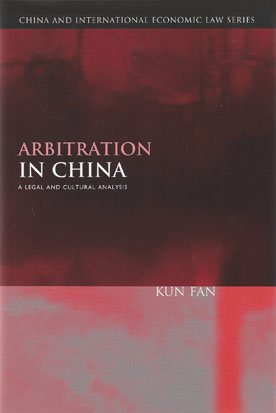
In the context of harmonisation of arbitration law and practice worldwide, to what extent are local legal traditions still influential on local arbitration practices, especially at a time when non-Western countries are playing an increasingly important role in international commercial and financial markets?
How are the major economic powers reacting to the trend towards harmonisation? China provides a good case study, with its historic tradition of non-confrontational means of dispute resolution now confronting current trends in transnational arbitration. Can China retain its traditional legal culture and at the same time influence the practice of arbitration in the rest of the world? To address these baffling questions it is necessary to examine the development of arbitration in the context of China's changing cultural and legal structures.
Written for international businessmen, lawyers, academics and students, this book gives the reader a unique insight into real arbitration practice in China, based on a combination of theoretical analysis and practical insights.
It explains contemporary arbitration in China from an interdisciplinary perspective and with a comparative approach, setting Chinese arbitration in its wider social context to aid understanding of its history, contemporary practice, the legal obstacles to modern arbitration, and possible future trends. In 2011 the thesis on which this book was based was named "Best thesis in International Studies" by the Swiss Network for International Studies.